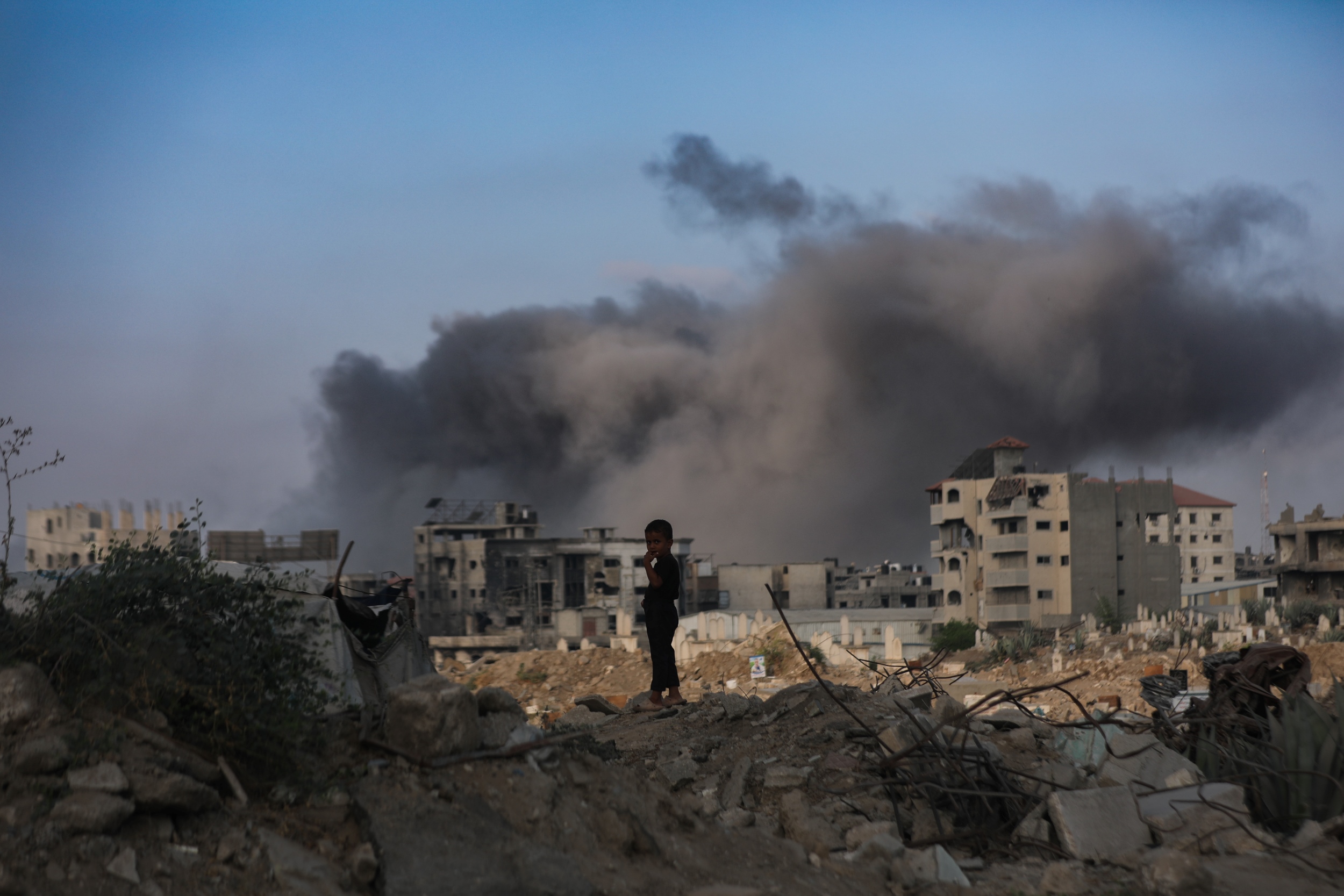JERUSALEM, Wednesday, January 16, 2019 (WAFA) - Attempts to delegitimize humanitarian and human rights organizations operating in the occupied Palestinian territories, particularly non-governmental organizations (NGOs), have been on the rise in recent years and advanced by Israeli government and civil society groups, the United Nations Office for the Coordination of Humanitarian Affairs (OCHA) in the occupied Palestinian territory said in a report published on Wednesday.
This has a negative impact on the ability of these organizations to deliver assistance and advocate on behalf of Palestinian rights, it said. The situation is further compounded by longstanding access restrictions imposed on humanitarian staff and operations, restrictive legislation and attacks on human rights defenders.
“The bulk of the delegitimization attempts have been advanced by a network of Israeli civil society groups and some associated organizations elsewhere, with the apparent support of the Israeli government,” said OCHA. “Targeted defamation and smear campaigns allege violations of counter-terrorism legislation and international law, or political action against Israel.”
OCHA stressed that most of these allegations “are baseless or misrepresent and distort critical factual or legal elements.”
It said humanitarian organizations operating in the occupied Palestinian territory “adhere strictly to the principles of neutrality, impartiality, independence and humanity, and implement rigorous UN, donor and internal standards to ensure compliance with these principles, and all relevant bodies of law.”
Accusations being made against humanitarian organizations operating in the occupied territories have resulted in a range of negative impacts, said the UN group. These include the allocation of time and resources to address allegations; some donors defunding certain activities to avoid risks; impediments by Israeli banks to the transferring of funds and procedures to close down accounts; refusal of Israeli venues to host events involving certain NGOs; and the potential undermining of information disseminated by organizations whose reputation has been damaged.
As stated by Jamie McGoldrick, the Humanitarian Coordinator for the occupied territories, on the occasion of the launching of the 2019 Humanitarian Response Plan: “We don’t mind as humanitarians any type of scrutiny, but it has to be evidence-based. Any scrutiny or auditing is meant to improve performance but in this case it is meant to block our performance, […] When reputable organizations with proven records of delivering critical humanitarian assistance in line with international humanitarian principles, and in line with donor scrutiny, are attacked, the authorities and donors must assist us in pushing back to ensure that the space is there to deliver the assistance.”
Between October and November 2018, the Association of International Development Agencies (AIDA), which represents the majority of international NGO and non-profit organizations operating in the occupied Palestinian territories, conducted a survey among its member organizations to assess the impact of delegitimization. Just over half of AIDA’s members (41 of 80) responded to the survey.
All of the organizations surveyed indicated that they had been affected in one way or another by the delegitimization campaign: 23 per cent reported that accusations had forced them to alter, suspend or terminate existing programs, in part or in full; 22 per cent said they had faced threats of, or actual, legal or administrative actions against them; and 55 per cent reported that they had to answer additional donor queries about their programming. Overall, 43 per cent of the surveyed organizations indicated that the campaign had undermined their funding for certain types of activities.
M.K.










